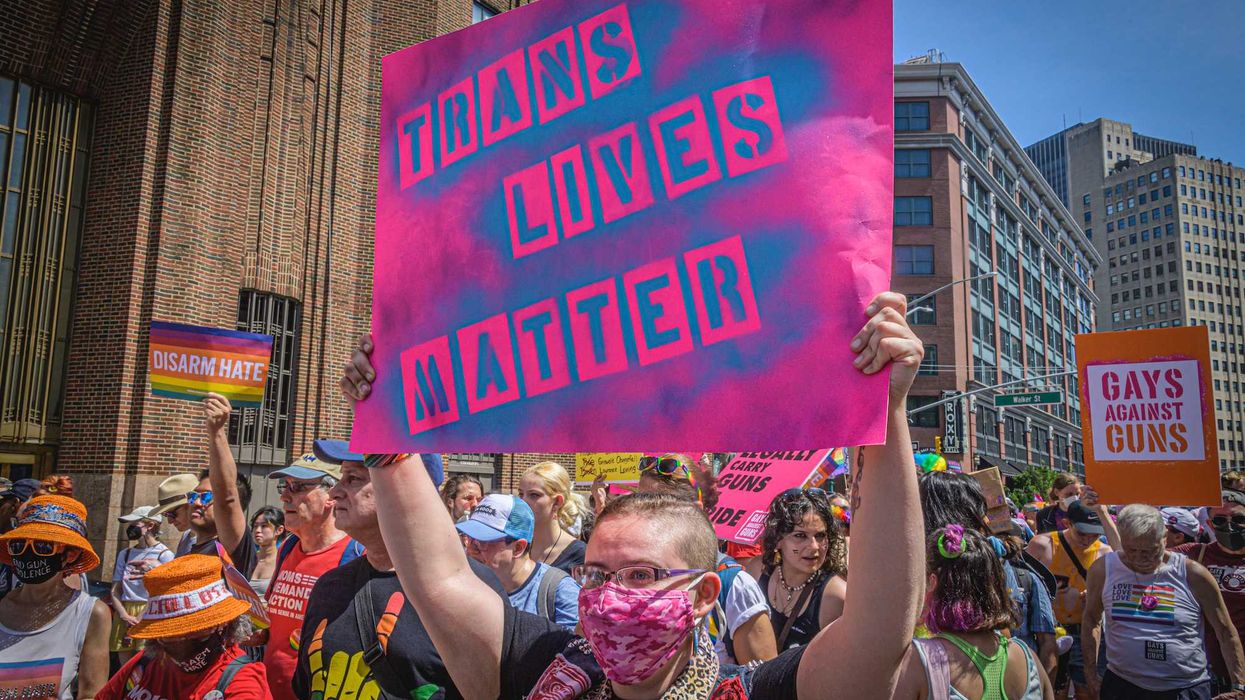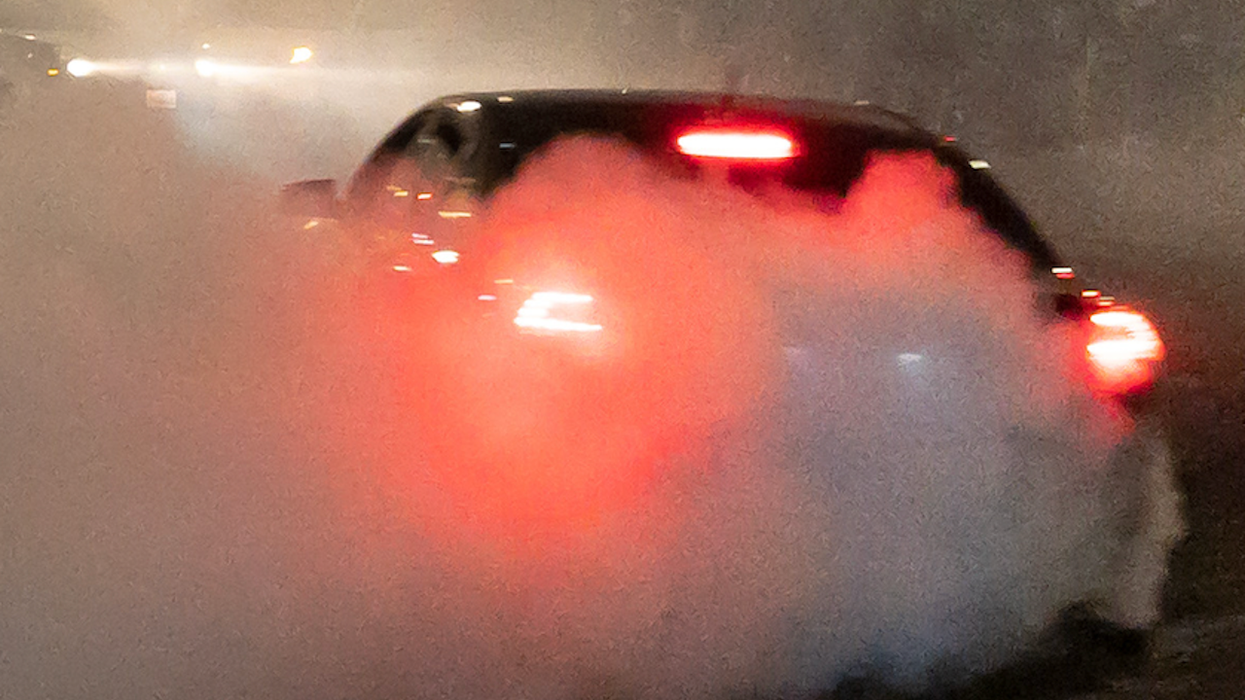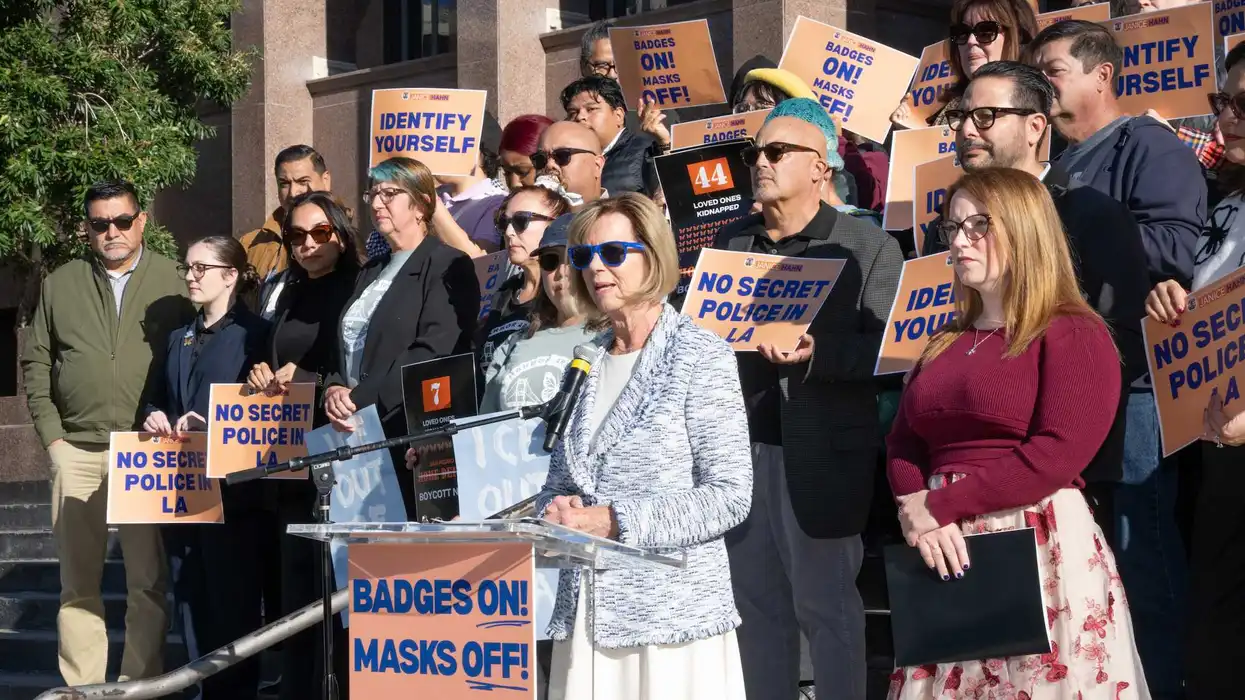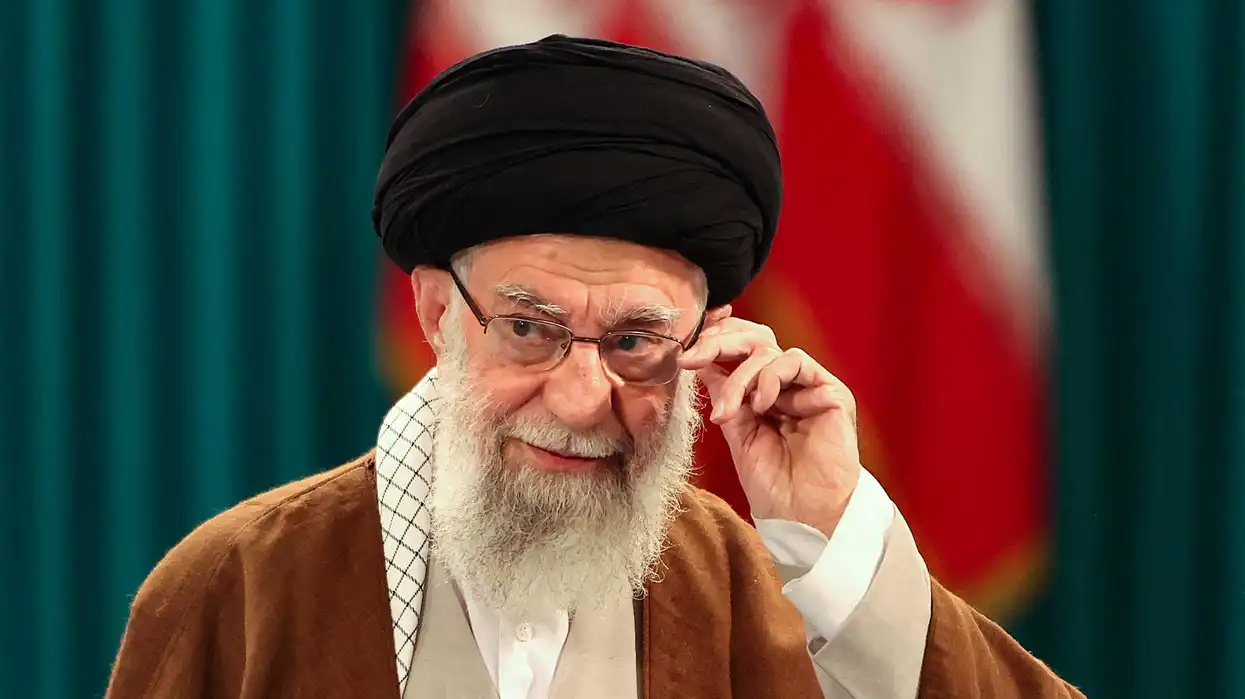Three modern voices of Syria all have very different perspectives about the conflict, but all of them agree on one thing: President Barack Obama’s weak stance has made things much worse for the Syrian people.
In what follows, we explore the perspectives of Nihad Sirees, an acclaimed Syrian novelist; Dr. M. Zuhdi Jasser, a Syrian-American author and commentator on Islamic issues; and a Syrian Christian now living in the United States, who for the purposes of this article will be known simply as Miriam.
Nihad Sirees
Nihad Sirees’ most recent novel, “The Silence and the Roar”, explores life under dictatorship in an unnamed Arab country that most take to be Syria. Its deft blend of humor and horror in a futuristic dystopia brings to mind Kafka, Heller and Orwell.
 President Barack Obama (AP Photo/Pablo Martinez Monsivais)
President Barack Obama (AP Photo/Pablo Martinez Monsivais)
Sirees’ book proved to be prophetic for him and millions of other Syrians. His stance as an artist earned him a one way ticket to exile (he now lives in Berlin), but he does someday hope to return to his native land. In regards to the current war in his country he says, “people must understand. This is not happening on the moon, or on Mars, but right here on earth. These are people.”
He has been very disappointed by how the West, in particular Obama, has responded to the crisis. Sirees would like to see a negotiated peace in which Bashar Assad is removed and the killing stopped, but added, “Obama showed great weakness here, making threats about the consequences for Assad if he used chemical weapons and then backing away when he did. I think military intervention from the West should be the very last of options, but because of the way he has handled things here, and in Egypt, he has no credibility in either region. This is actually worse than what it was like under President George W. Bush, because he is seen as being so weak.”
He went on to say, “The West, in particular Obama, must be very involved in bringing peace to the region and in any sort of negotiations. Otherwise, the Russians and Vladimir Putin will be perceived as being the ones in charge.” Worse than that, he says, “If we don’t get involved here, then the forces fighting against Assad are much more likely to accept help from Islamist groups, to say, essentially, we will put this in the hands of Allah.”
He also added, “Some of the Islamist fighters have come in from outside Syria. I’m not sure who invited them in, but they are here and will only grow in strength and numbers if something is not done to better support those forces fighting for democracy in Syria.”
Regarding the refugees crisis, which has been growing yearly since the conflict began and is now estimated to be over a million Syrians living in refugee camps in Jordan, Lebanon, and Turkey, he said, “The world has to find a solution for the Syrian crisis. To welcome the refugees into other countries or to gather donations is like treating cancer with aspirin.”
Dr. M. Zuhdi Jasser
“A Battle for the Soul of Islam: An American Muslim Patriot’s Fight to Save His Faith” is the title of Jasser’s recently released book. Jasser is a devout Muslim and Arizona based medical doctor who also heads up the American Islamic Forum for Democracy (AIFD). What began as one man’s brave stance against the Islamists has grown into a national movement. Jasser perceives no conflict between loving his country and loving his faith.
He has been a very strong voice for military intervention in Syria. He said, “Obama didn’t even do his so called ‘lead from behind’ position in this case, but chose not to lead at all. Strategic air strikes would have allowed us to cripple Assad’s forces early on without any boots on the ground.”
 U.S. President Barack Obama speaks at the United Nations (U.N.) General Assembly on September 24, 2013 in New York City. (Getty Images)
U.S. President Barack Obama speaks at the United Nations (U.N.) General Assembly on September 24, 2013 in New York City. (Getty Images)
At the same time, he believes it is not too late for military intervention. “It should have happened much sooner, but doing it today is far better than not doing it all.”
Unlike some of those commentators who have said that the Islamists are already heading up the opposition in Syria, Zuhdi said, “This is truly a movement of the people, ordinary people who want Assad out and want democracy. This is why Assad’s forces are going door to door taking ordinary citizens’ computers.”
Though Jasser is staunchly a conservative Republican and Sirees is more of a secular liberal, they both agree that if the Syrian people are not supported in their struggle to overthrow Assad that it could result in the Islamists taking over this struggle. To that end, Jasser says the Free Syrian Army must make all efforts to disassociate itself from Islamist groups so that the West does not have a reason to deny them support.
He also added, “Assad opened the floodgates for the Islamist groups in Syria when he freed them from prisons around the country. By opening such another front in the war, he hopes to create a distraction and have people rally around him to save them from the Islamists.”
Like Sirees, he sees the only real solution to the refugee crisis is to end the war so they can return to their country. “The number of refugees could balloon to over five million. Neighboring countries simply can’t absorb that many people.”
Miriam
Because of fears for her own safety, as well as that of her family both in the U.S. and Syria, Miriam has asked not to have her full identity revealed. She said, “If Assad is gone, there is no hope for us. Assad, like his father before him, has always protected the Christians in Syria. With him gone, Christians will be massacred. It is as simple as that. No one else will protect us.”
She said there is ample proof that foreign jihadists received training from the CIA in Turkey to go into Syria and spur revolt. She points to YouTube videos from credible sources that show how Ben Rhodes, Obama speechwriter and current Deputy National Security Adviser for Strategic Communication, manipulated and twisted information to try to justify military action.
She also cited New York Times reporter Seymour Hersh, who has said that Obama manipulated intelligence information to try to justify an attack on Assad when it is possible that the al-Nusra front, an Al Qaeda affiliated group, could have carried out the gas attack on civilians.
Like Sirees, she wants the killing to stop and for her country to return to some kind of normalcy, including the return of the refugees, but she says this can only happen under Assad, that any other arrangement will bring disaster.
When asked about President Obama’s response to the crisis in her country, she said, “He has been very weak. He is not respected in the region.”
The Road Ahead
All three people interviewed for this article have very different viewpoints on Syria, yet they unite around one salient point: Obama’s lack of leadership in this region has greatly hurt the Syrian people.
Sen. John McCain has made the case that any sort of U.S.-backed intervention must be sufficient for the end game, which is to disable Assad’s forces and drive him from power. Along those lines, it will be impossible for Assad’s air force to continue to bomb civilians if they have no planes left with which to do that.
Those who propose no action in Syria should consider how this war could destabilize the entire Middle East and drastically impact oil prices and our entire economy and drag us against our will into a full scale war for mere survival.
They would also do well to listen a bit more closely to what everyday Syrians have to say. If they do, they might find they hear millions of desperate voices ask why the Land of Liberty has turned its back on them at their darkest hour as they struggle to finally break free from thousands of years of tyranny.
Emilio Karim Dabul is a Syrian-American journalist and commentator on Middle East issues based in New Jersey.
–
TheBlaze contributor channel supports an open discourse on a range of views. The opinions expressed in this channel are solely those of each individual author.


 President Barack Obama (AP Photo/Pablo Martinez Monsivais)
President Barack Obama (AP Photo/Pablo Martinez Monsivais)






